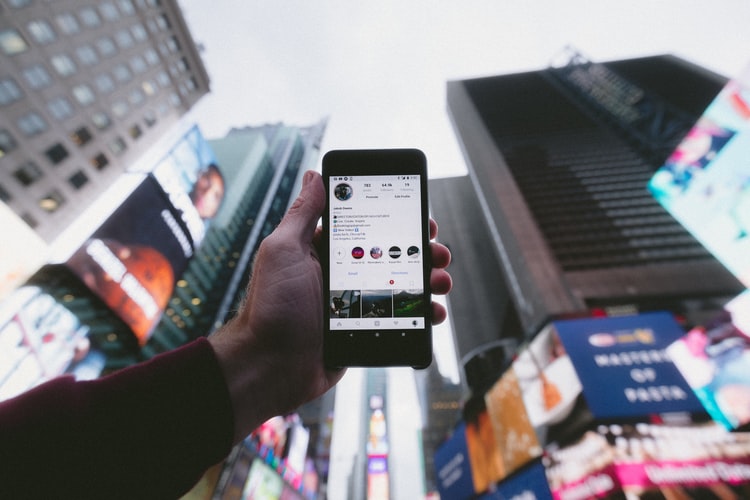The fear of missing out is a relatively new development linked to social media. The exposure to the latest information, all the time, has caused some people to develop the psychological need to be in the know constantly. It can also make them pursue events, information, experiences, or even make life-altering decisions that would, in their opinion, ‘enhance’ their lives. Unfortunately, this causes many problems, making it necessary to learn how to deal with the fear of missing out.
Rationalize your desires
The first step of dealing with the fear of missing out is rationalizing those feelings. Ask yourself: Why do I want to participate in all of those activities? Why do I feel like I have to stay on top of things?
In reality, the fear of missing out is mostly triggered due to the overexposure to information social media causes. With how accessible news constantly is and how eager some people seem to be to share their information, it is easy to get overwhelmed. What makes things even worse and perfectly shows why social media can be bad for us is the filter all these shared experiences are cast through.
Without looking beneath the surface, it may seem like some people are living charmed lives full of perfection as they constantly visit stunning holiday destinations and parties. However, do you really want that for yourself?
Sure, everyone wants to go on holiday or party every once in a while. However, what these illusions do not show off is what’s happening behind the scenes. Perhaps you are only seeing a single glimpse of perfect weather in what was a week of wasting time in a hotel room. Or that party turned into a colossal disaster once photos were taken. Besides, no one wants to be on an eternal vacation or a nonstop party bender.
So, take the time to think through your impulses and their far-reaching consequences before pursuing them.
Focus on what you have
Rather than constantly yearning for more and more experiences, it might be wiser to appreciate your own. Yes, you didn’t go on five trips and ten conventions in a month. But you probably experienced all sorts of lovely, quiet, and tender moments with friends and family.
Trying to appreciate your surrounding and everyday events more would not just serve as a means to deal with the fear of missing out. It can also bring you closer with your loved ones and let you genuinely recognize their place in your heart.
If you have trouble doing this, you can develop a tangible way of preserving your memories. You can collect memorabilia from outings and fun experiences with friends. They do not need to be particularly special or expensive. Simple odds and ends that remind you of the particular occasion are enough. And though this might lead to a slight hoarding habit, there are ways to deal with it. You can easily go about storing memorabilia long-term if you do it the right way, be it at home or in a storage unit. Make sure to prepare them for storage, so no harm befalls them.
Slow down your lifestyle
Similarly, it would be best if you tried to slow down your lifestyle as much as you possibly could. Rushing from one event to the next is not exactly good for you. The quality of each experience and the amount of effort you can put into your personal and professional life would both suffer.
Eventually, you might find that even though you are feeding your addiction caused by the fear of missing out, you are no longer enjoying yourself. There are better ways to use social media than constantly finding different events and venues for torturing yourself!
If your fear of missing out is focused on hobbies, it can also be tough to grow in any of them. It is, after all, impossible to learn how to play an instrument, draw or sculpt, and garden all at the same time. Not to mention the many sports or similar activities that take time to master. This would mean constantly struggling with the frustration of lacking entry-level skills. With a slower lifestyle and fewer things you are continually participating in, you will develop your skills and abilities slowly.
Make a schedule
Of course, discussing slower living as a means to deal with the fear of missing out is simple. Following through with the decision is a lot harder. The best way to do it is to make your life more structured.
Many decisions caused by the fear of missing out are made on a whim when you find out about the activity, coolest new restaurant, or new desirable holiday destination. If, however, you have a solid schedule that would disallow you to chase after every temptation, it would be easier to outgrow such decisions slowly.
So, sit down and make yourself a good schedule to stick to. It is fine to allow yourself some venue to feed your desire to try new things. You can set aside a couple of time slots each week dedicated to just that. It would limit the impact that the fear of missing out has on your life and allow you to think carefully about whether you are interested in something.
Look out for your health
Finally, it is worth mentioning that the fear of missing out can be a sign of anxiety, insecurity, social media addiction. It can even develop into a severe addiction. In such cases, it can be a threat not just to your quality of life but to your physical and mental health too.
You mustn’t allow your health to be jeopardized over something like this, and it is advisable to look for counseling or a full-on intervention. There is a way to develop healthy social media habits. And though the fear of missing out is a harmful aspect, social media can become a positive part of your life again.
Final warning
Even when you now know how to deal with the fear of missing out, it is not easy. It is as hard an addiction to shake off as any drug if it gets that bad. So, take your time, deal with it at your own pace, and remember to let your loved ones help you through rough patches.



